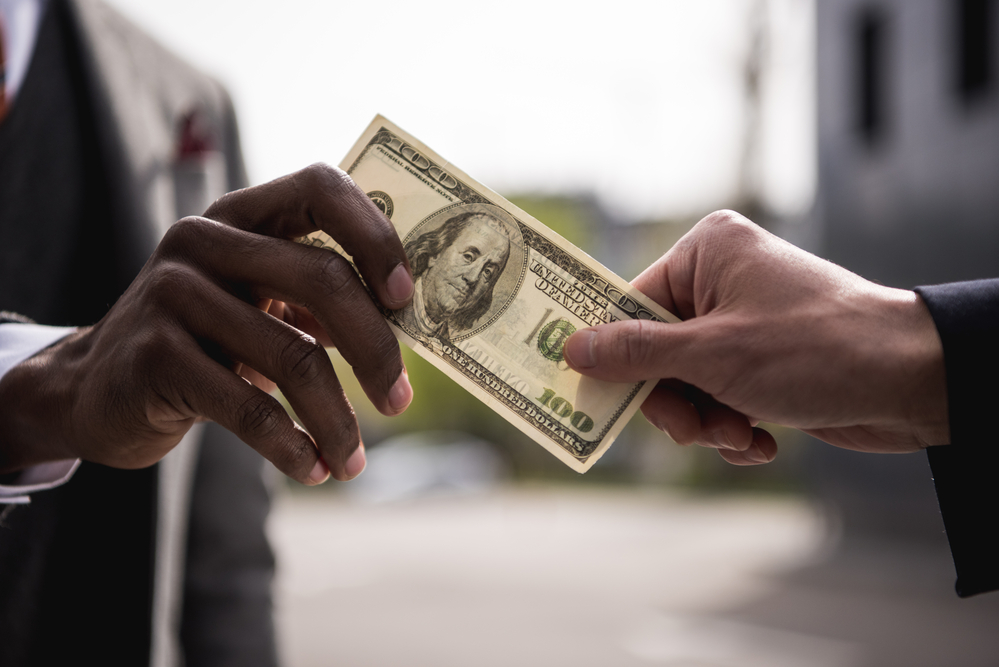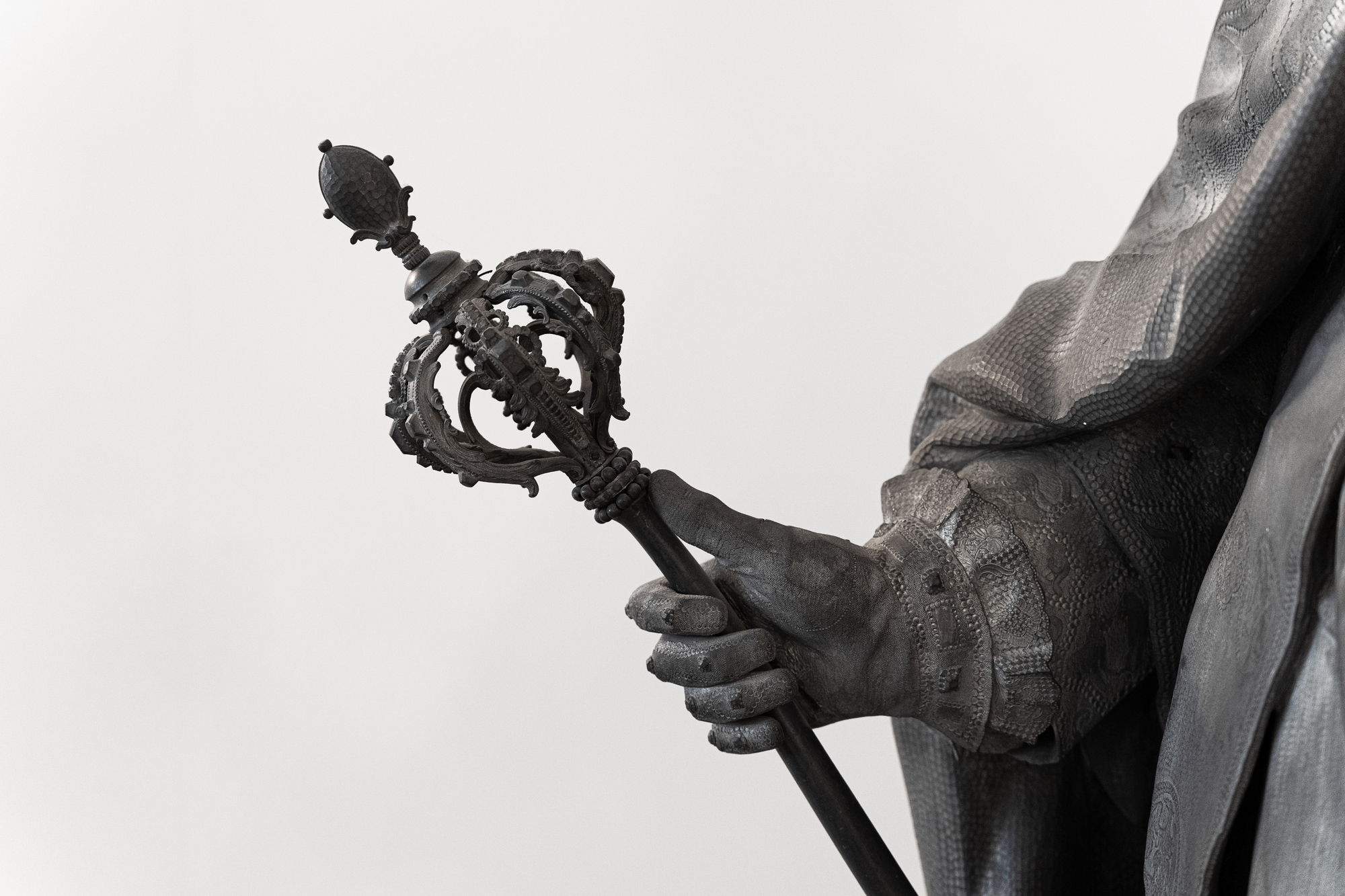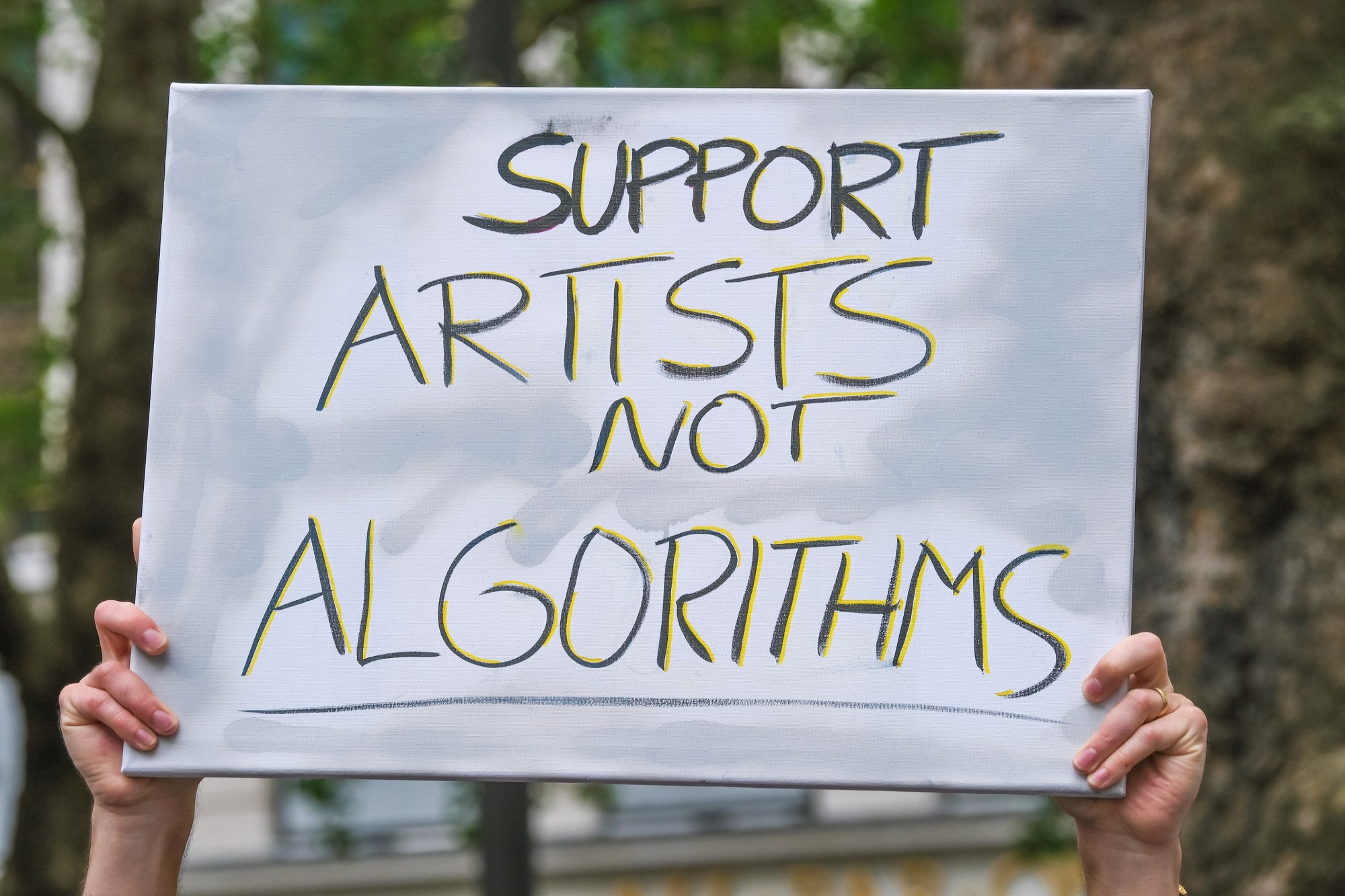Moral Distinctions between Crisis Capitalizers

After announcing an expectation-exceeding fiscal quarter, Apple CEO Tim Cook unabashedly stated that despite “uncertain times, this performance is a testament to the important role our products play in our customers’ lives and to Apple’s relentless innovation.” Cook’s statement comes amidst waves of criticism due to Big Tech’s apparent invincibility to the pandemic-driven economic crisis. News of unprecedented profits and increasing stock shares is often juxtaposed to highlight the giant disparity between a few lucky corporations and billionaires with the majority of Americans and businesses financially suffering. While some activists and politicians have proclaimed the gross immorality of those continuing to profit during the pandemic, there has been little discussion surrounding the moral distinction between these so called “crisis capitalizers.” Is there something inherently immoral about profiting from the pandemic? And is there significant moral distinction between profiting off of a crisis rather than profiting during it?
The sheer inequality of the current economy might be enough to argue that anyone still profiting during this time has an obligation to help those suffering. Since March, 51 million Americans have filed for unemployment. The United States just reported its worst economic drop ever recorded in one quarter, with US GDP collapsing by 32.9%. To make matters worse, over 40 million Americans are at risk for eviction, after relief programs expired on July 31 with no economic safety net in place. Meanwhile, the profits of businesses and individuals in the tech industry have been soaring. The Guardian reported that Amazon’s profit over the past quarter was $5.2 billion, shockingly higher than this time last year. Both Facebook’s and Apple’s quarterly revenue have also exceeded projections. This stark economic inequality between the majority of Americans and the “1%” might be immoral in itself. When one considers the fact that these very same corporations have notoriously been exempt from paying taxes in recent history, it is troubling to witness their general lack of action in contributing to alleviating the economic crisis fueled by the pandemic. In terms of the billionaire individuals at the helm of these tech corporations, only about 1 in 10 billionaires worldwide have verifiably contributed monetary donations to COVID-19 relief efforts. The moral obligation for wealthy individuals to act is even more pertinent considering the underwhelming response to both the health and economic crisis by the United States government.
However, others have argued that profiting during the pandemic is not immoral, and should in fact be celebrated as a sign of adaptation and resilience. In an article on Medium, Bloomberg Beta head Roy Bahat argues that it is important to acknowledge the difference between taking advantage of the pandemic and adapting to it. He considers it “okay, even noble for businesses to thrive right now,” since companies are “helping to keep people employed.” Bahat makes a point, especially considering the fact that the US is facing one of its worst unemployment crises in history.
Is there something to be said for businesses’ ability to adapt? Many independent entrepreneurs have adapted to the crisis such as those on popular small business website Etsy, which is projected to double its quarterly income. The success of Etsy has also meant the success of “anyone with creativity and 20 cents.” Additionally, the profits of many of the thriving corporations are the product of their sales revenue, reflecting consumption of products. One might argue that if we all stopped buying products from Amazon and Apple, and stopped using Facebook, perhaps the revenue of these organizations would not have increased during the pandemic. If we consider current corporate profits are simply a reflection of consumer demand, it appears as though these companies have adapted to fill an economic niche. In fact, some might argue these very corporations are actually filling a crucial role in ensuring access to necessities during a crisis.
While the morality of profiting during the pandemic might be considered up for debate, can the same be said for profiting off of the pandemic? Profiting off of a crisis can be considered immoral from many different ethical perspectives. While profiting during the pandemic clearly requires the participation in an inequitable economy, profiting off of the pandemic could be considered more sinister in both its proximity to the crisis itself and in its willingness to use suffering for personal gain. If one believes healthcare to be a human right, the entire concept of private industry profiting off of medical assistance is potentially immoral. Those who identify strongly with Kantian ethics would be most disturbed by instances during the pandemic where access to goods and services is limited to use people’s need to survive as a means to an end. Profiting off of crisis also is potentially immoral because it might showcase inherent selfishness, which reflects a corrupted internal character. Lastly, profiting from the pandemic might even be considered wrong on consequentialist grounds if withholding goods and services necessary for survival leads to further sickness and economic suffering. This is especially true if individuals are unable to afford/access healthcare to treat or prevent COVID, or if an individual/company is attempting to profit off of phony healthcare products which arguably endanger the general public.
Alternatively, some might argue that though the medical/pharmaceutical industry is directly profiting from the pandemic, it is more consequentially balanced than its critics paint it to be. Take the widespread demand for masks for instance. Masks have been prescribed by public health officials to slow the spread of coronavirus, yet masks remain a for-profit industry. While some politicians, like Senator Bernie Sanders, have argued masks should be subsidized and free for all, there remains a giant market for masks — both from large medical companies and small independent businesses using their skills to make decorative or high-end masks. From a utilitarian perspective, the market for medical supplies to combat COVID is promoting good as widespread mask use has been projected to save lives. Cheap medical masks are largely accessible, protecting those who wear them and profiting the companies that sell them. Higher end customizable ones arguably encourage more people to wear them and give satisfaction both to those selling them and those buying them. Similarly, pharmaceutical companies profiting off of test kits — and potentially vaccines in the future — could be argued to be a net positive (from a consequentialist perspective) if these products are largely available to the general public. Perhaps it is especially important that private industry take a role in developing a vaccine for COIVD-19 considering the fact that most medical research in the US is already privately funded.
Perhaps even more complicated are those who are less clearly profiting directly off of the pandemic. Large department stores, like Walmart and Target, sell PPE and important cleaning products, but also reportedly resulted in an uptick in sales items related to quarantine and work-from-home. For Target, the sales bump in April actually exceeded its typical holiday profits. Whether or not to categorize such organizations and profits within the “profit off of” or “profit during” category depends largely on what types of products we consider necessities, how those goods get marketed to consumers, and who benefits.
Whether or not we believe profiting during the pandemic is immoral depends largely on if we interpret these profits to reflect adaptation or exploitation. And that perception likely rests on whether or not we believe the sale of those products tends to produce the most good for the most amount of people. Our answers to these questions go a long way in determining if we truly believe there exists a moral distinction between these “crisis capitalizers.”




